<Back to Index>
- Member of the Central Committee of the Communist Party of Czechoslovakia Josef Smrkovský, 1911
- Prime Minister of Czechoslovakia Oldřich Černík, 1921
- Member of the Central Committee of the Communist Party of Czechoslovakia František Kriegel, 1908
PAGE SPONSOR
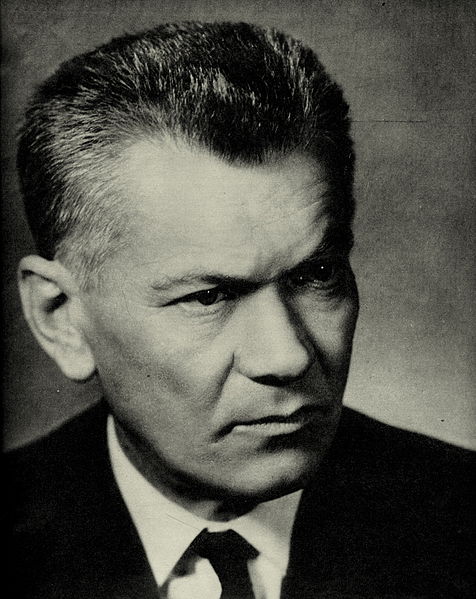
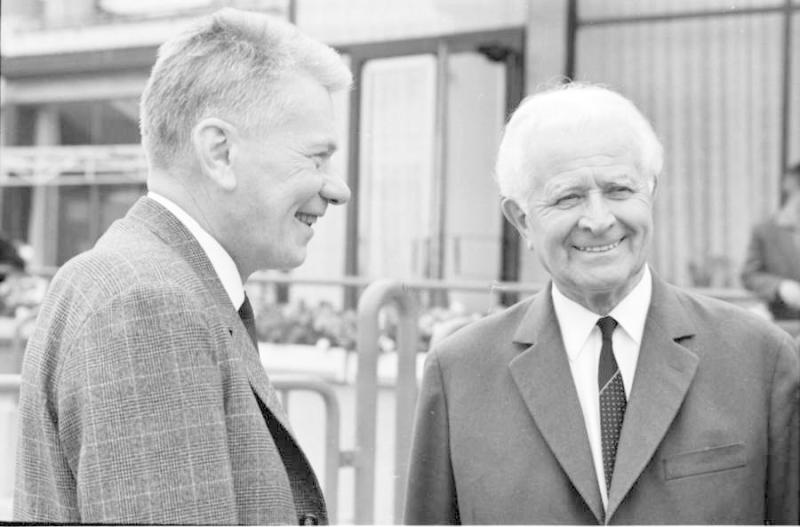
Josef Smrkovský (26 February 1911 – 15 January 1974) was a Czechoslovak politician and a member of the Communist Party reform wing during the 1968 Prague Spring.
Josef Smrkovský was born into a farmer's family in Velenka, Nymburk District. As an adult, he began working as a baker and soon became a secretary of the Red Trade Union (1930 – 32) and was involved in the communist movement. He joined the Communist Party of Czechoslovakia (KSČ) in 1933 and went to study at a political school in the USSR. When he returned, Smrkovský began to work as a secretary of the KSČ in Brno (1937 – 38).
During the Second World War, Smrkovský worked for the illegal communist resistance to Nazi occupation and eventually became a member of the central committee. In May 1945, as a member of the Czech National Council, he negotiated an agreement for the Nazi units in Prague to surrender. He is notorious (and often quoted) for preventing the US Army from liberating Prague via Plzeň – a claim he himself made publicly in the 1960s.
Although the Czech National Council was dissolved and its members were unpopular with Soviet authorities, Smrkovský was co-opted into the presidium of the Central Committee of the KSČ. He worked as a chairman of the Land Property Fund, and in 1946 was elected as a member of the National Assembly. During the government crisis in February 1948, he served as a commander of the Lidové milice (People's Militias) and helped support the successful communist coup d'état. He then found work in the Ministry of Agriculture.
In
1951, Smrkovský was suddenly arrested and condemned to life
imprisonment for cooperation with a "conspiring center" around Rudolf Slánský. He was released in 1955 and fully rehabilitated in 1963.
After his release from prison, Smrkovský worked as a head of an agricultural cooperative (JZD Pavlovice). In 1963, he was assigned to work in various lower ministries, finally becoming Minister of Forestry and the Water System.
Smrkovský contributed to the reform movement of 1968 in a peculiar way. Not only did he support the removal of Antonín Novotný from his post as Communist Party leader, but Smrkovský's public announcement ("What Lies Ahead") at the end of January 1968 demonstrated the real impact of Alexander Dubček's election as First Secretary. Smrkovský was designated chairman of the National Assembly in April 1968, and as a talented speaker became (together with Dubček) one of the most popular politicians of the era. He was in favor of democratic reforms but maintained communist ideology, and continued to support the leading role of the KSČ in the state.
"If someone thinks we are maneuvered by the Soviets they are badly off base," said Smrkovský in the summer of 1968. His assessment proved incorrect. The Warsaw Pact invasion of Czechoslovakia took only one day. Smrkovský and the other leading exponents of reform were deported to Moscow where they were instructed to sign the so-called Moscow Protocol (only František Kriegel refused). Upon his return, Smrkovský tried unsuccessfully to keep the Stalinist wing from taking control. He was demoted at the request of Gustáv Husák, suspended from KSČ, and widely denounced. In 1971 he took part in the birthday celebration of Bohumil Hrabal. He died in 1974, and was buried under police control. The obituary letter sent by Dubček to Smrkovský's relatives was published in Italian daily Giorni - Vie Nuove and reprinted in Le Monde or New York Herald Tribune.
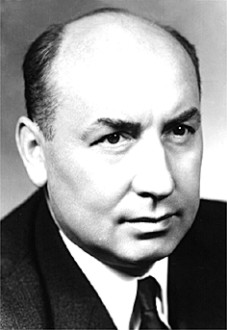
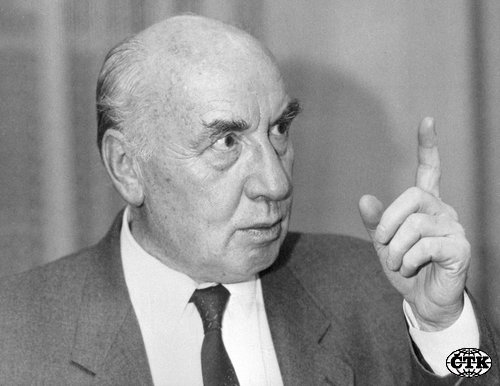
Oldřich Černík (October 27, 1921 - October 19, 1994) was a Czechoslovakian Communist political figure. He was the Prime Minister of Czechoslovakia from April 8, 1968 to January 28, 1970.
A party official and well known technocrat, Černík was a strong supporter of the Prague Spring reforms of 1968. In August 1968 he was forced to go to the Soviet Union along
with other politicians, and when he returned he asked the Czech people
to cooperate with the Soviet Union but promised to continue reforms. In
1970 he lost his position due to his continued support of reform and was
expelled from the communist party. He attempted a political comeback in
the early 1990s after the end of the communist regime. He died in Prague.
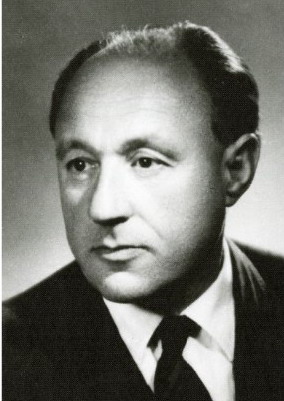
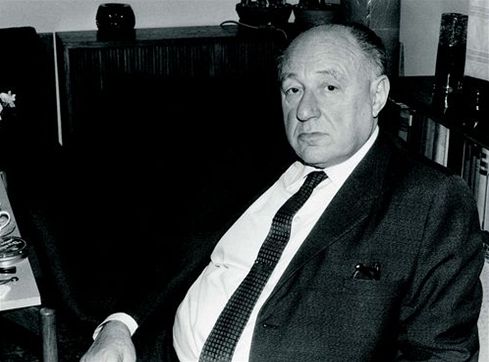
František Kriegel (10 April 1908 — 3 December 1979) was a Czechoslovak politician, physician, and a member of the Communist Party reform wing of Prague Spring (1968). He was the only one of the political leaders kidnapped to Moscow during the Warsaw Pact invasion of Czechoslovakia who declined to sign the Moscow Protocol.
František Kriegel was born in Stanislau (today Ivano - Frankivsk), Austria - Hungary (present Ukraine) to the family of a Jewish builder. His father died when František was ten, and the family became dependent upon help from František's grandfather. Due to the fierce anti - semitism in Galicia of that time, young Kriegel left home to study medicine at the German part of Charles University in Prague (instead of the nearby Lviv University where there was an unofficial Jewish quota in place). His mother could only give him a little money and six white shirts.
Kriegel had to earn a living in a shoemaker's shop or as a theater figurant (he even sold sausages in football stadiums), but he enjoyed an independent life in the highly tolerant society of 1920s Czechoslovakia. During the Great Depression, he joined the Communist Party of Czechoslovakia (KSČ) and believed that social and national justice would solve the problem of the poor and the Jewish Question. He became a doctor of medicine in 1934 and started his career in the I. Internal Medicine Clinic in Prague.
In December 1936, Kriegel joined the International Brigades to fight against Spanish nationalists of General Franco in the Spanish Civil War. He served as a doctor and gained the rank of Major. After the defeat of Republicans in 1939, Kriegel crossed the Pyrenees to France where he was interned in Saint - Cyprien and then in Camp Gurs. A return to Czechoslovakia was impossible because it had been occupied by Nazi Germany. Kriegel accepted the challenge of the Norwegian Red Cross to go as a doctor to China to help in the Second Sino - Japanese War. He joined a group of 20 doctors, among them Friedrich Kisch (1894 – 1968), brother to Egon Erwin Kisch. During the siege of Walawbum, he treated nearly 50 injured soldiers. Toward the end of the war, he served with Chinese and American units in India and Burma where he witnessed the victory of the Allies in October 1945.
Kriegel returned to Czechoslovakia in November 1945 and, while continuing to work as a doctor, he involved himself in the political work of the Communist Party. He was a member of the KSČ Regional Committee in Prague and was working as a secretary in Lidové milice (People's Militias) when the KSČ seized control of the country in February 1948. He was appointed as the undersecretary of the Ministry of Health in 1949. During the political purges of the Party in the 1950s, Kriegel had to leave the Ministry and worked as a doctor for the Tatra company. He resumed his medical career in 1957 and became Chief Physician at the Vinohrady hospital in Prague. In 1960, he went to Cuba as an adviser of Fidel Castro's government on the organization of medical care – thus he was there at the time of the Cuban Missile Crisis. When he returned to Czechoslovakia, Kriegel refused a post in the Party organization but stood as the Member of the National Assembly and was elected in 1964. Finally, he became a member of the Central Committee of KSČ in 1966, though he was opposed to the conservative neo - Stalinist stream in the Party. When Alexander Dubček was elected the First Secretary of the Central Committee of KSČ in January 1968, Kriegel was one of the main proponents of the democratic wing of the Party. Throughout this period, he did not give up his medical career; he worked as the Chief Physician first at the Rheumatic Diseases Research Institute (1963 – 65) and then at Thomayer hospital in Prague (1965 – 69).
In April 1968, Kriegel became the chairman of the Central Committee of the National Front (a coalition of the Communist Party and its allied satellite parties) and a member of Presidium of the Central Committee of KSČ. As one of the main personalities during the Prague Spring, he grew to be hated by Soviet officials as well as the conservative Czech Communists. During the Warsaw Pact invasion of Czechoslovakia on August 21, 1968, he and five other main representatives of the Party were arrested by the Soviet KGB and Czech StB (Šalgovič) units and deported by plane to Moscow (the others were Alexander Dubček, Oldřich Černík, Josef Smrkovský, Josef Špaček, and Bohumil Šimon). Kriegel was treated particularly roughly, and made the target of anti - semitic insults. He was so distrusted by the Soviets that he was not allowed to be present during the negotiations of the two parties, and when he was asked to sign the text of the concluding statement he was the only one of 26 politicians to refuse. "Send me to Siberia or shoot me dead," he replied. He was eventually released with the others and accordingly, he voted against the Temporary Sojourn of the Soviet Army Treaty in October 1968 (with three other MPs). He was removed from the Central Committee and then from the Party in 1969.
In the last decade of his life, Kriegel worked for the opposition. He was among the first to sign Charter 77. He died in hospital in Prague under police control in 1979, and his body was seized by the authorities to prevent any demonstrations at a funeral.
The "František Kriegel Award" is granted annually to a person who has fought for human rights. It was founded in Stockholm in 1987 and is funded by the Charter 77 Fund.